Democracy in the West Bank and Gaza: More than Elections
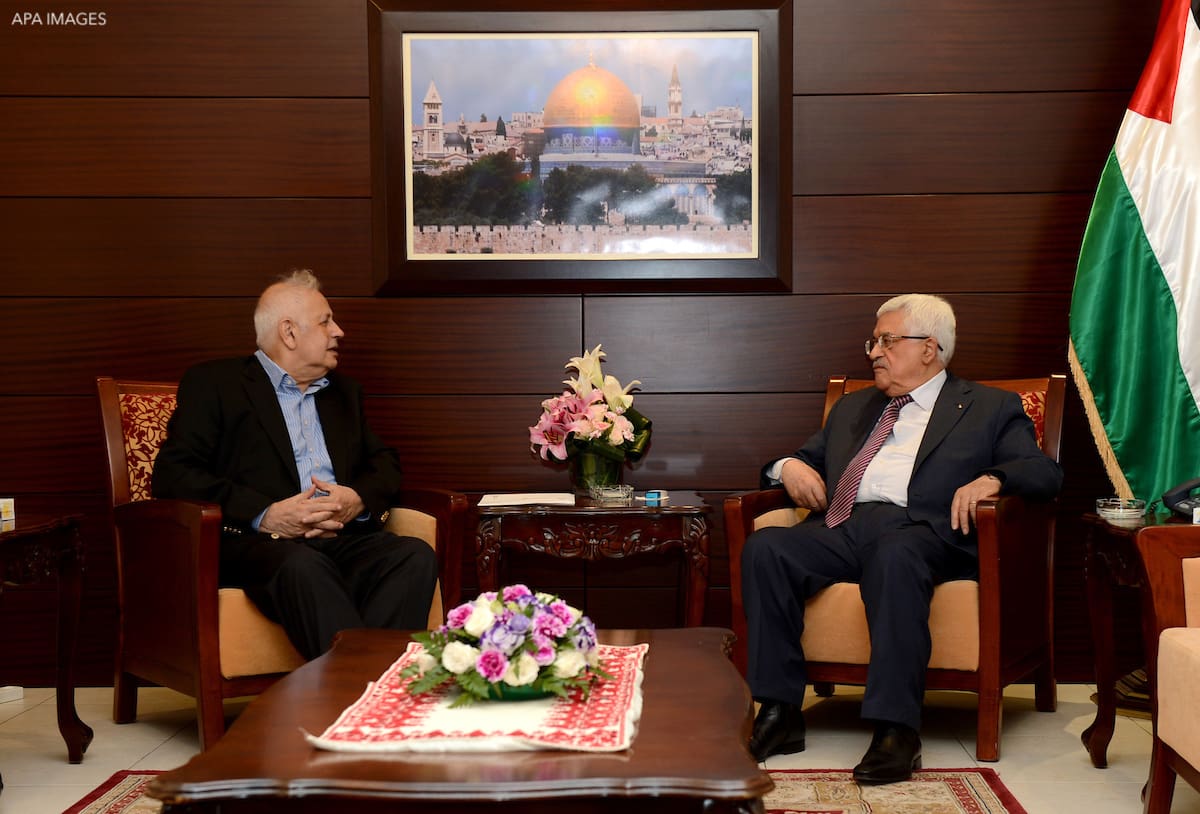
Last September, Palestinian Authority President Mahmoud Abbas renewed his pledge to hold parliamentary elections in the West Bank, Gaza Strip, and East Jerusalem. Regardless of whether the polls take place, Al-Shabaka Senior Palestine Policy Fellow 24588 argues that Palestinians must embark on a democratic process that far surpasses the proposed elections in order to achieve liberation.
Criminalizing Palestinian Resistance: The EU’s Additional Condition on Aid to Palestine
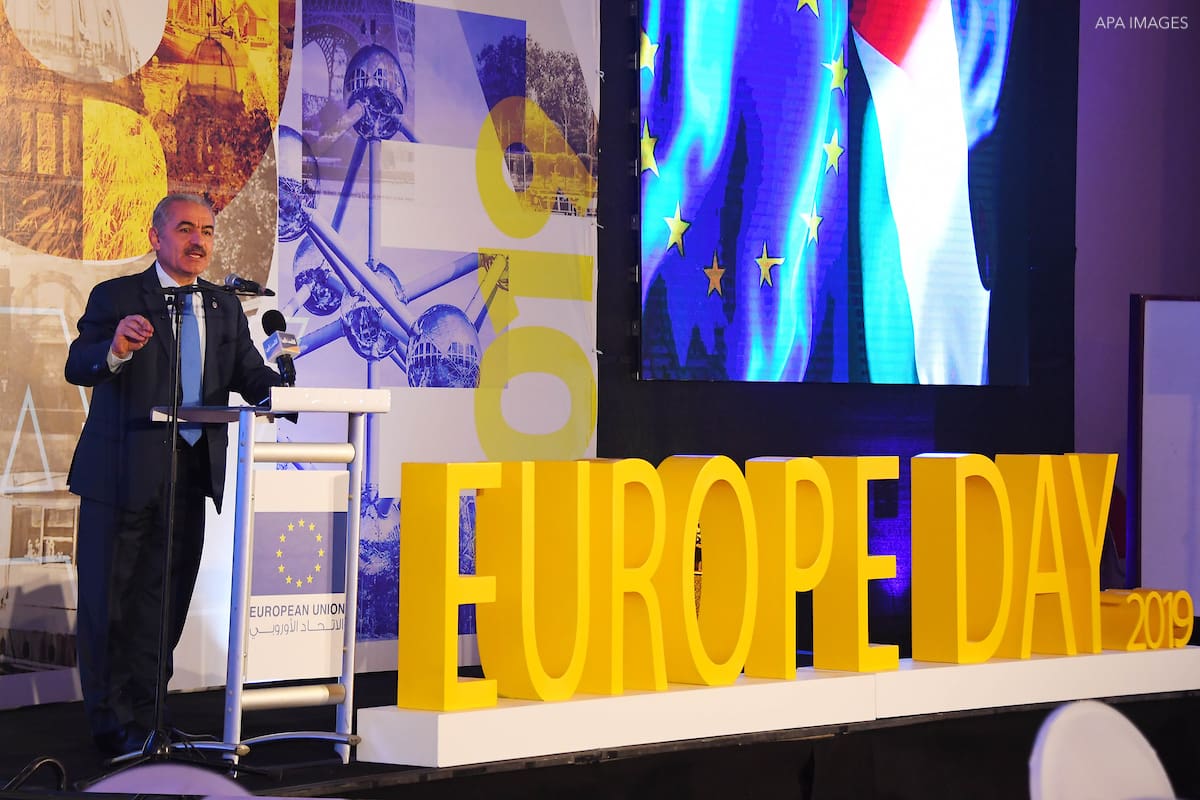
The EU recently announced additional conditions on its aid to Palestinian civil society organizations, namely that they must not deal with individuals or groups designated by the EU as “terrorist.” What effects will this have and what can Palestinians do about it? Al-Shabaka spoke with policy analyst Tariq Dana about these questions and international aid to Palestine more broadly.
The Growing Gap between Jordan and Israel, After 25 Years of “Peace”
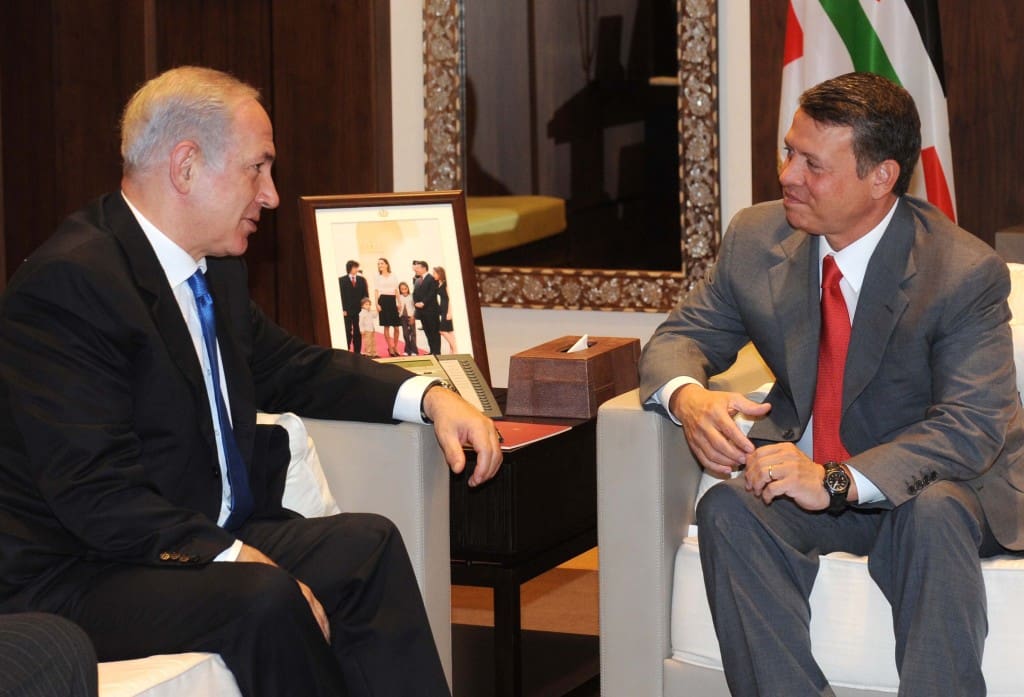
Twenty-five years after signing the Wadi ‘Araba peace agreement, Jordan and Israel are experiencing particularly tense relations. Al-Shabaka Policy Analyst Oraib Rantawi delves into the reasons behind this turn of events, the implications for Palestinian-Jordanian relations, and what Jordan can do to reduce its dependence on Israel.
Restructuring the Palestinian Authority: It’s Now or Never

The Palestinian Authority (PA) has perhaps never been so disconnected from Palestinian society. Al-Shabaka policy analyst 24397 examines how international involvement has helped shore up this disconnect by rendering the PA progressively repressive, and suggests steps for the PA as well as Palestinian civil society to take in order to change the status quo.
UNRWA in a Time of Crisis: Separating the Red Herrings from Legitimate Shortcomings
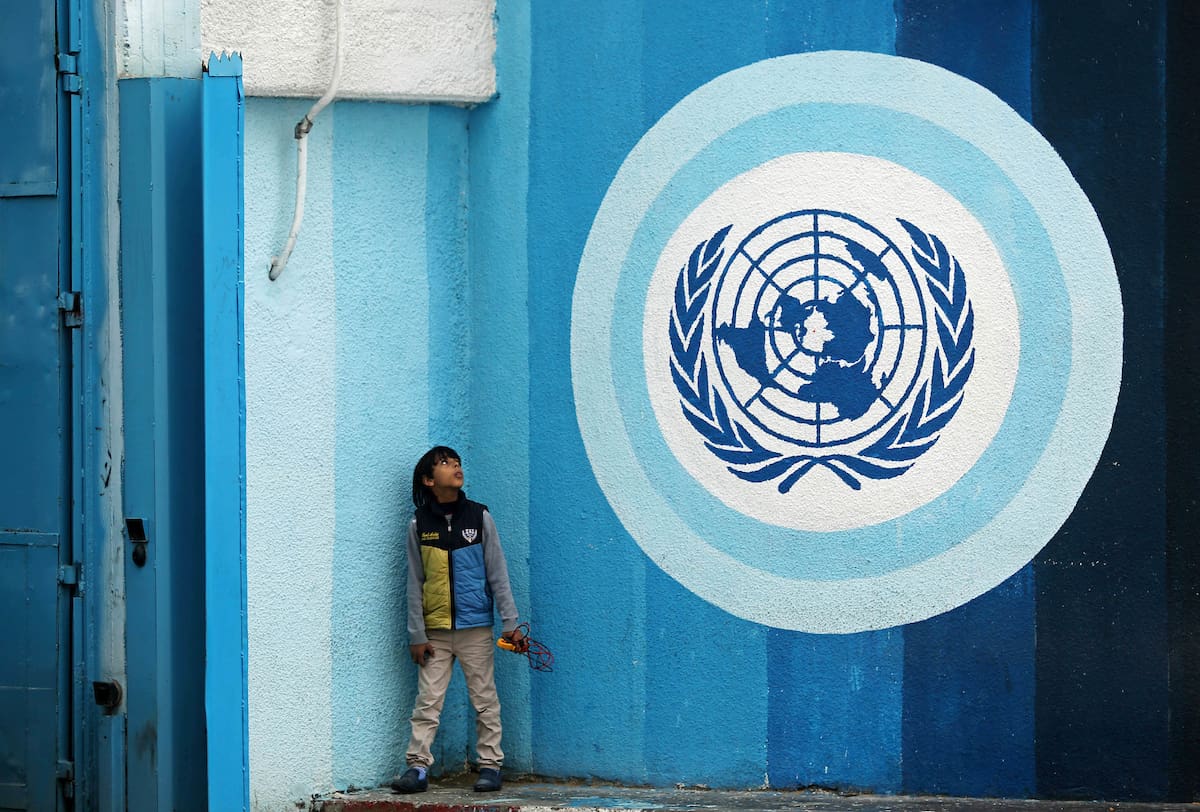
UNRWA has recently faced funding cuts and an ethics report detailing alleged abuses by top management. While these events are important to understand UNRWA’s current dilemmas, they do not provide a proper understanding of the Agency’s more fundamental issues. 24376 sheds light on UNRWA’s actual challenges and why its mandate should include durable solutions for Palestine refugees.
Palestinian Opposition to Social Security: Revolution or Devolution?
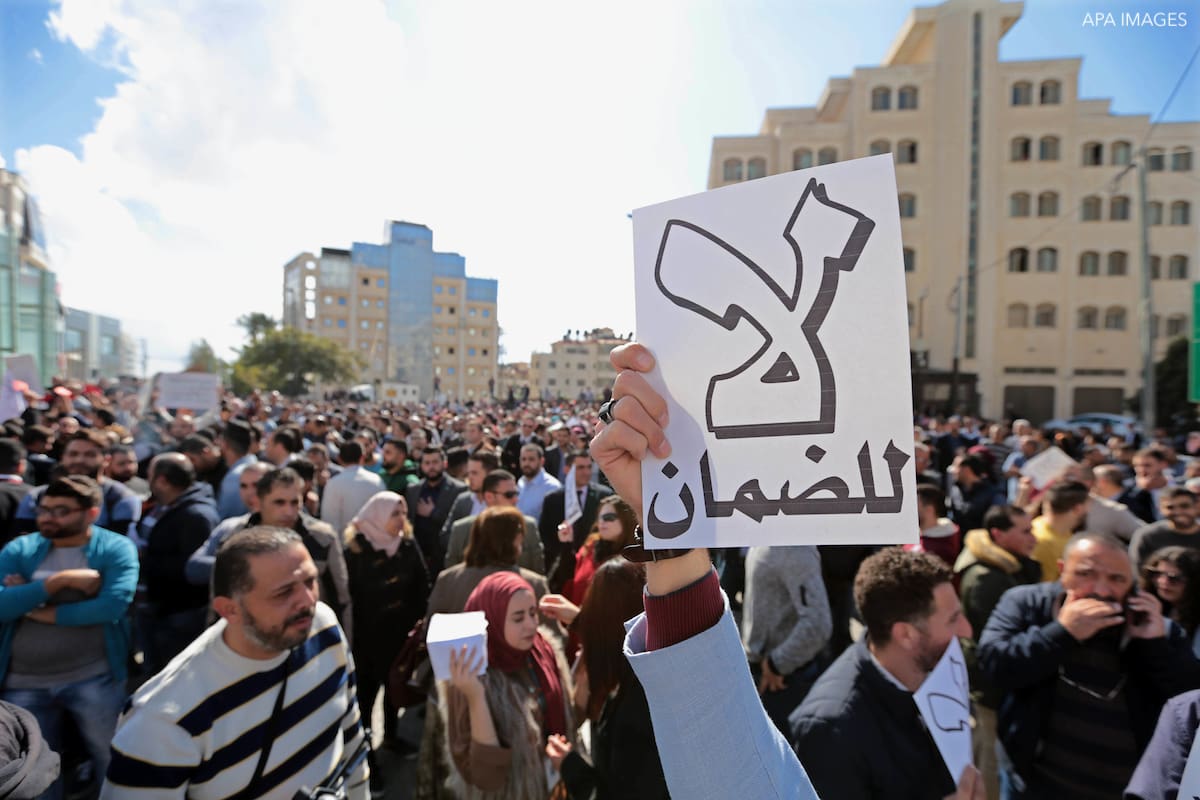
Through vociferous protest, in June 2019 the Palestinian private sector, laborers, and civil society succeeded in halting the Palestinian Authority’s latest attempt to institute a social security system in the Occupied Palestinian Territory. Why did Palestinians, including Palestinian workers, fight against a right that other workers around the world have historically fought for? Guest contributor 24448 explains.
Using Indigeneity in the Struggle for Palestinian Liberation
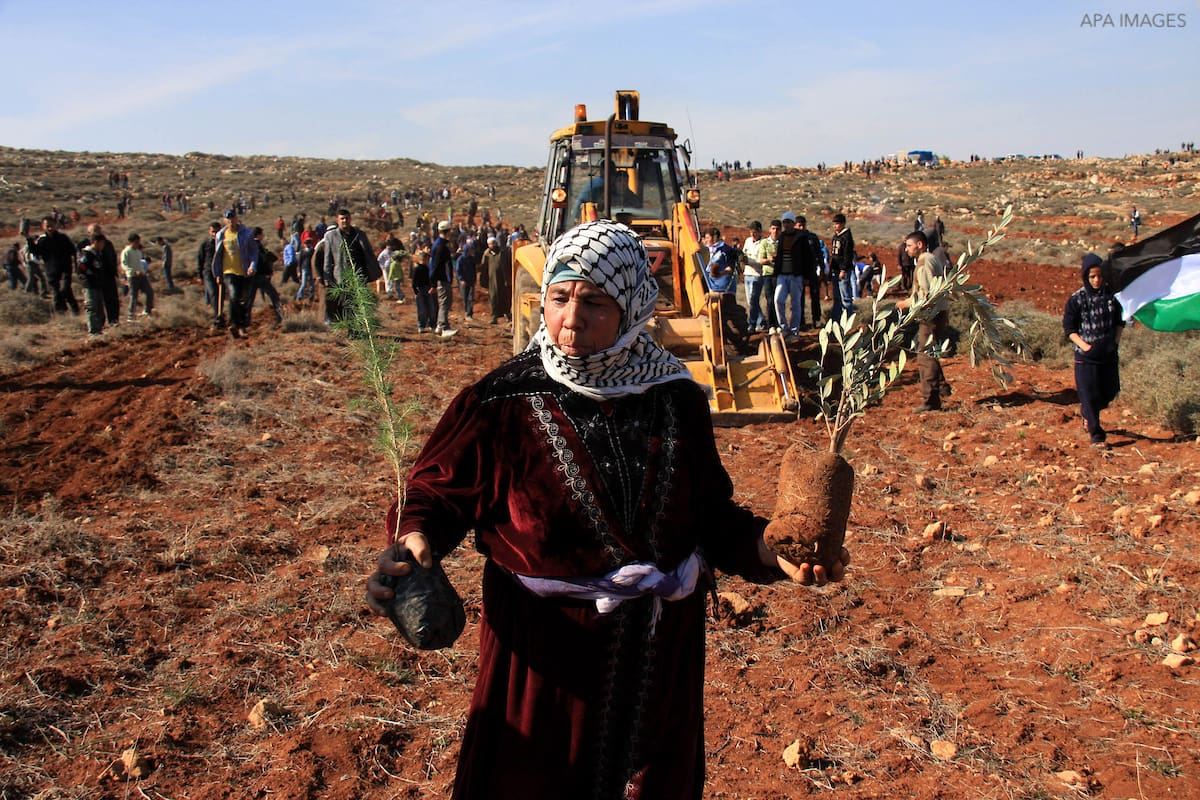
Indigeneity has re-emerged within the discourse on Palestine and is becoming a facet of political mobilization. But what does this mean in practice and how can indigeneity be harnessed to further Palestinian rights? Al-Shabaka’s 24347 and 24588 examine indigeneity in the context of international law and suggest ways to employ it in the Palestinian quest for liberation.
Donor Perceptions of Palestine: Limits to Aid Effectiveness
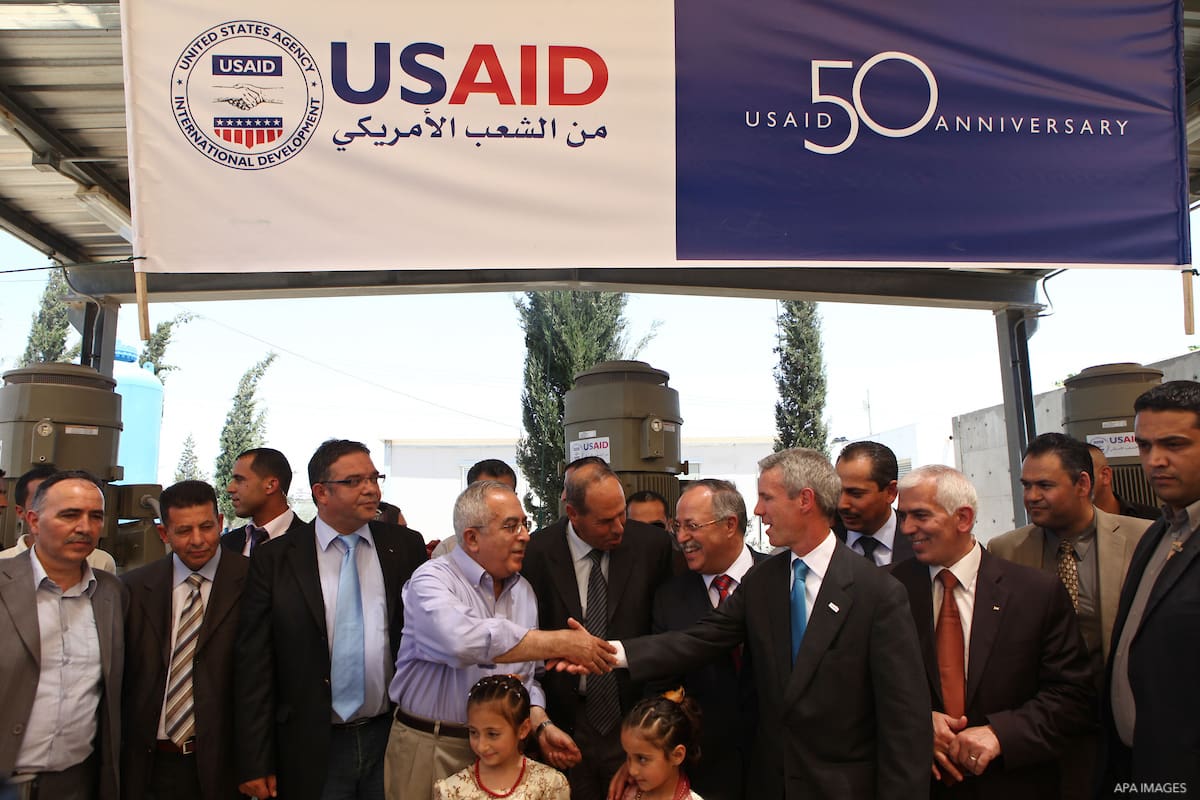
Though Western donors have poured billions into the Palestinian economy since the Oslo Accords, the funds have not resulted in development and regional peace. Al-Shabaka Policy Analyst Jeremy Wildeman examines and compares donor perceptions of Palestine through an assessment of donor reports to comprehend how donors have contributed to this result, and recommends Palestinian sovereignty over the aid process.
Unifying Palestinians Through Education: Lessons from Experience

The higher education system serving Palestinians has contributed to and been impacted by national fragmentation. Al-Shabaka Policy Analyst Sam Bahour discusses an initiative he spearheaded to establish a Palestinian university in Cyprus, as well as earlier attempts to create Palestinian institutions of higher learning, and concludes with recommendations for those who might take up similar projects in the future.






